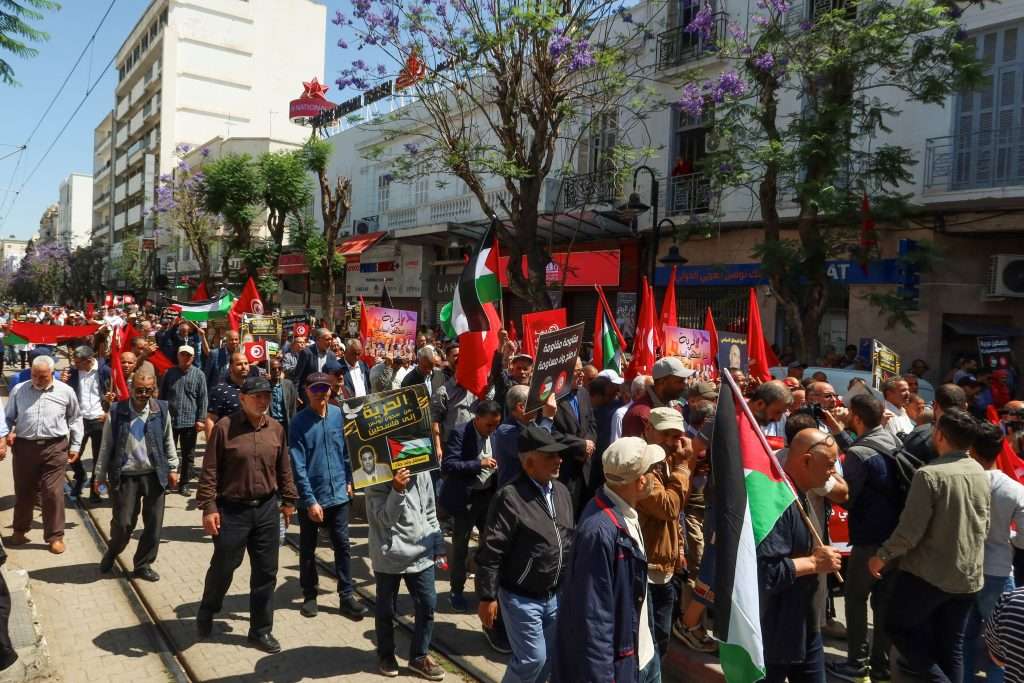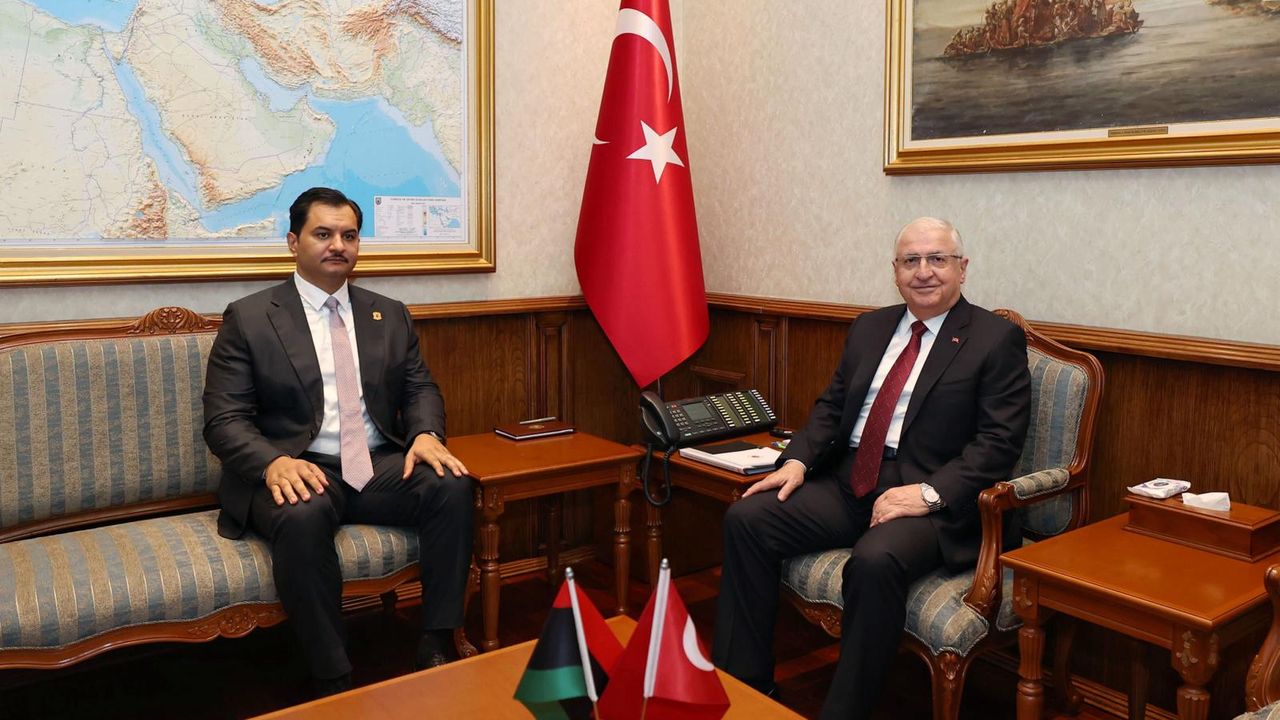Tunisia: Hundreds protest for presidential election date

Amid Tunisia’s economic and political crisis that has soared during President Saied’s term and following the multiple arrests of journalists, lawyers, activists and opponents, many Tunisians have decided enough is enough.
According to Reuters, hundreds of protesters gathered in the Tunisian capital on the 12th of May. They demanded the release of the wrongfully imprisoned and the setting of a date for fair presidential elections.
Earlier in the year the Election Commission said the elections would be scheduled on time. With the current president’s first term, which lasts five years, coming to a close, a date has not been announced, though Saied has already announced his run for a second term.
The opposition says that the political climate is not currently suitable for holding elections amid restrictions on the press and the imprisonment of prominent opponents and activists.
“Today there is no climate for fair elections and there is no date… the authorities are repressing politicians, lawyers and journalists,” said Imed Khemiri, a senior official in the Ennahda party, a member of the Salvation Front, which is organizing the protest.
“The storming of the lawyers’ headquarters yesterday is a dangerous precedent that perpetuates the authoritarian regime,” he added.
On the 11th of May, Tunisian police stormed the building of the Deanship of Lawyers and arrested Sonia Dahmani, a lawyer known for her fierce criticism of President Kais Saied. Two journalists were also arrested on the same day.
READ: Tunisia: three Saied critics arrested in police raid
Abir Moussa, one of the most prominent candidates, has been in prison for months. Mondher Zanaidi announced his candidacy for a possible election from France, amid expectations that he would be arrested if he returned to Tunisia.
In retaliation to the many critics that Saied has arrested, on the 16th of April, the defence Committee of political detainees in Tunisia has vowed to sue President Kais Saied over the arbitrary detention of over 50 opposition figures.
Two years after Saied took office in 2019, he seized additional powers when he shut down the elected parliament and moved to rule by decree. Shortly after he assumed authority over the judiciary, a step that the opposition called a coup.
Through the years, Saied has repeatedly criticised what he described as the opposition’s scramble for the presidency saying they had boycotted the last round of parliamentary elections while focusing on the presidential vote.
READ: Tunisia: families demand release of jailed opposition figures
Without specifying who he was referring to, Saied also criticised potential candidates for being traitors and seeking protection abroad.
On the 12th, the opposition called for a clean political climate for a vote that includes an end to restrictions on press and political freedoms.
Throughout this political unrest within Tunisia, and with the backlash from its civilians, the Tunisian government must set a date for the next presidential elections and distance itself from Saied’s authoritarian regime to restore some order to the North African country.
Reuters.
Want to chase the pulse of North Africa?
Subscribe to receive our FREE weekly PDF magazine













